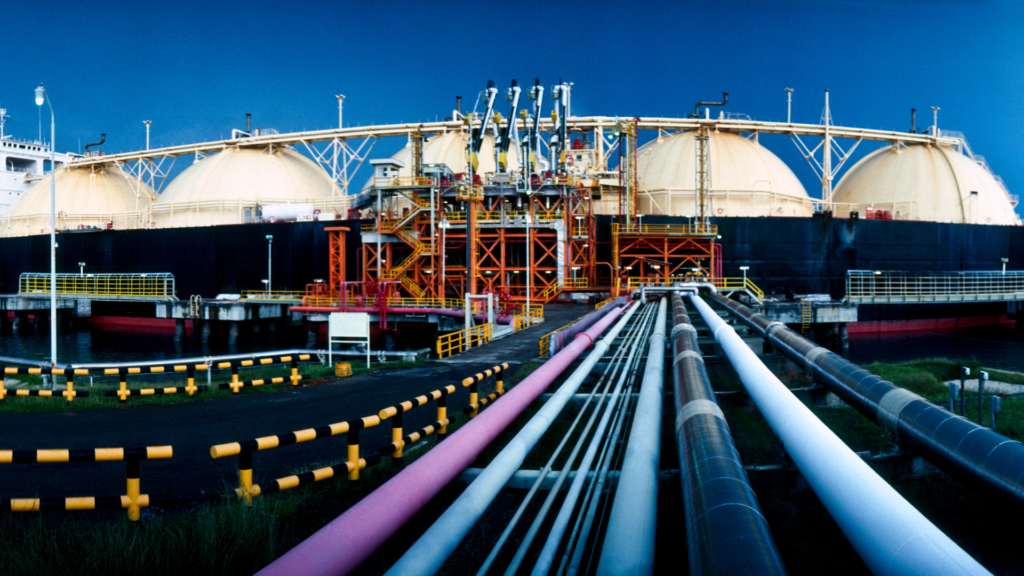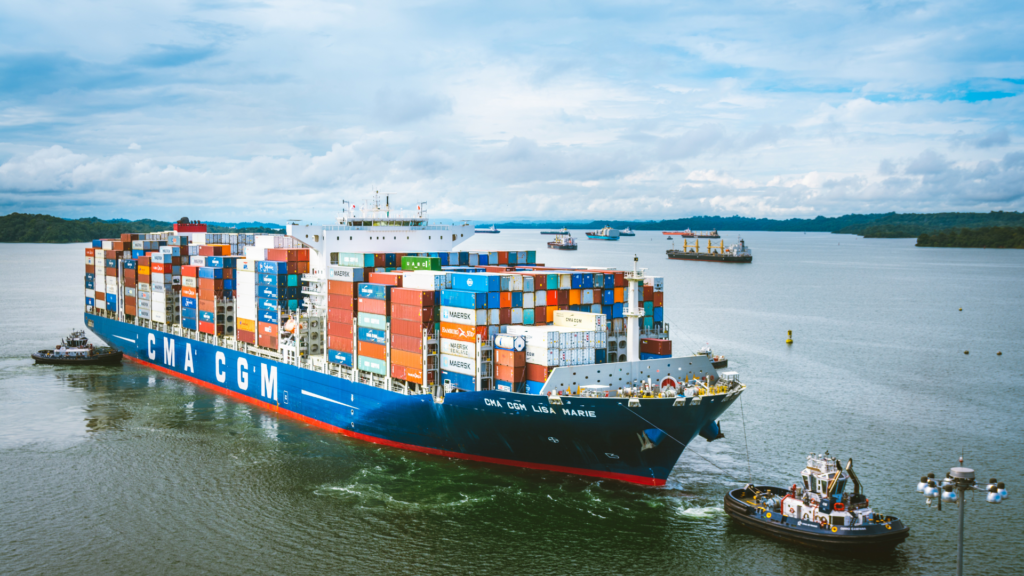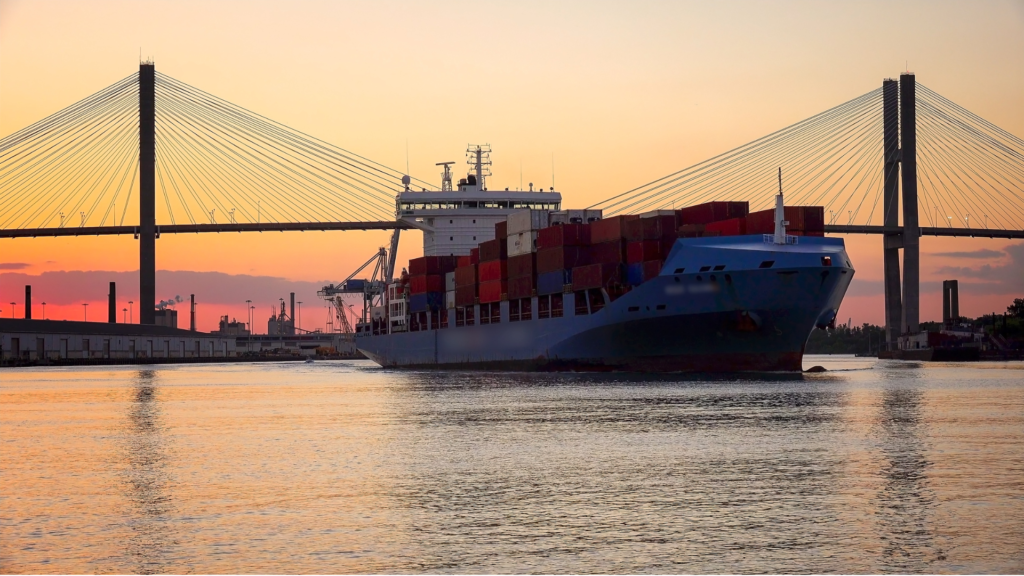Europe in Trouble
Gas terminals are arriving and being set up all around Europe. Two floating liquefied tankers arrived this week at a Dutch port. Germany is awaiting theirs while Italy, France and the Baltic are investigating floating storage and regasification units which are designed to convert the super-chilled fuel transported on seagoing vessels into gas that can be pumped into onshore networks.
So why are they looking into these specialist tankers?
Well, Russia slashed gas exports to Europe in retaliation for sanctions placed on them by the EU for invading Ukraine. The already steep energy prices keep climbing which is pushing economies to the brink of recession. Governments are looking for quick fixes and this takes way quicker to set up, are cheaper and are more environmentally friendly to develop than their onshore versions. The downside is that they have a way lower capacity.
If everything goes right and governments start using these tankers, Europe could be mostly independent from Russian gas by 2027.
Accountability Accessed
The Federal Maritime Commission (FMC) has made it much easier for shippers to file complaints against ocean carriers.
The latest filing is from Marine Transport Logistics (MTL), a US shipper, seeking $600,000 in damages and lost business from CMA CGM. The claim is that the ocean carrier withheld five of its ocean containers for several months overseas without reason.
MTL asked CMA CGM to reroute 5 containers to Germany due to the Russo-Ukrainian war. The shipment ended up in Romania without reason and the ocean carrier began to charge demurrage fees on the idling containers. The shipper's multiple attempts to have the shipment sent to its intended destination were ignored and no timeline was given regarding the release of the goods.
Since the Ocean Shipping Reform Act of 2022 was signed in June, complaints against ocean carriers have been flowing in and some shippers have begun receiving compensation.
Solutions in Savannah
2 new auxiliary container lots just opened.
As imports in Savannah surged, so did the headaches of returning containers back to the port. And you know how it goes when there is a slowdown in one part of the supply chain.
You guessed it! Ships were waiting in the queue, rates went up, and trains began to back up. So the Norfolk Southern Railway was forced to open up more storage space.
The plan is to transfer all long-dwelling imports into the new lots, thereby freeing up the constraints.




